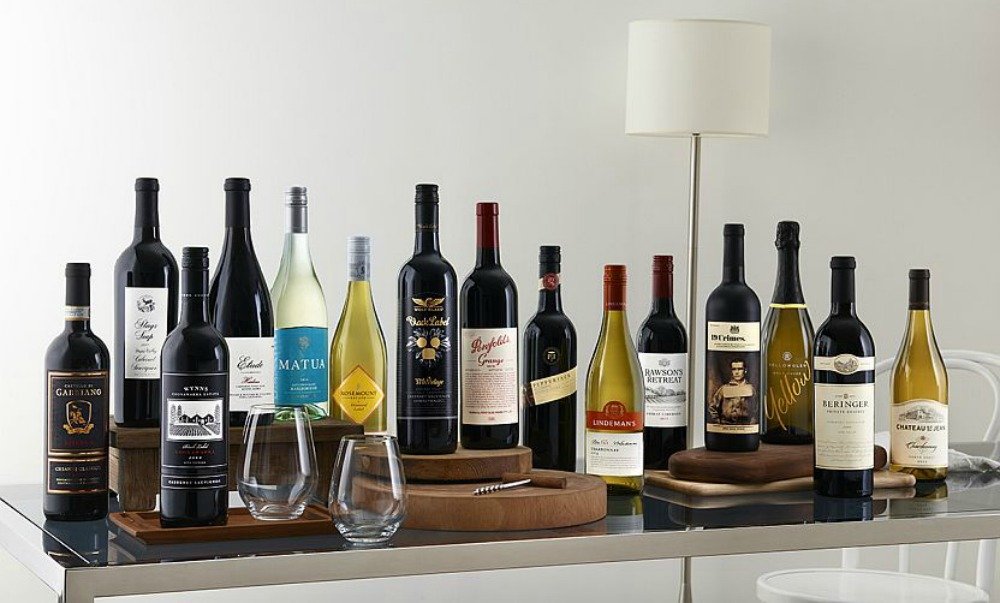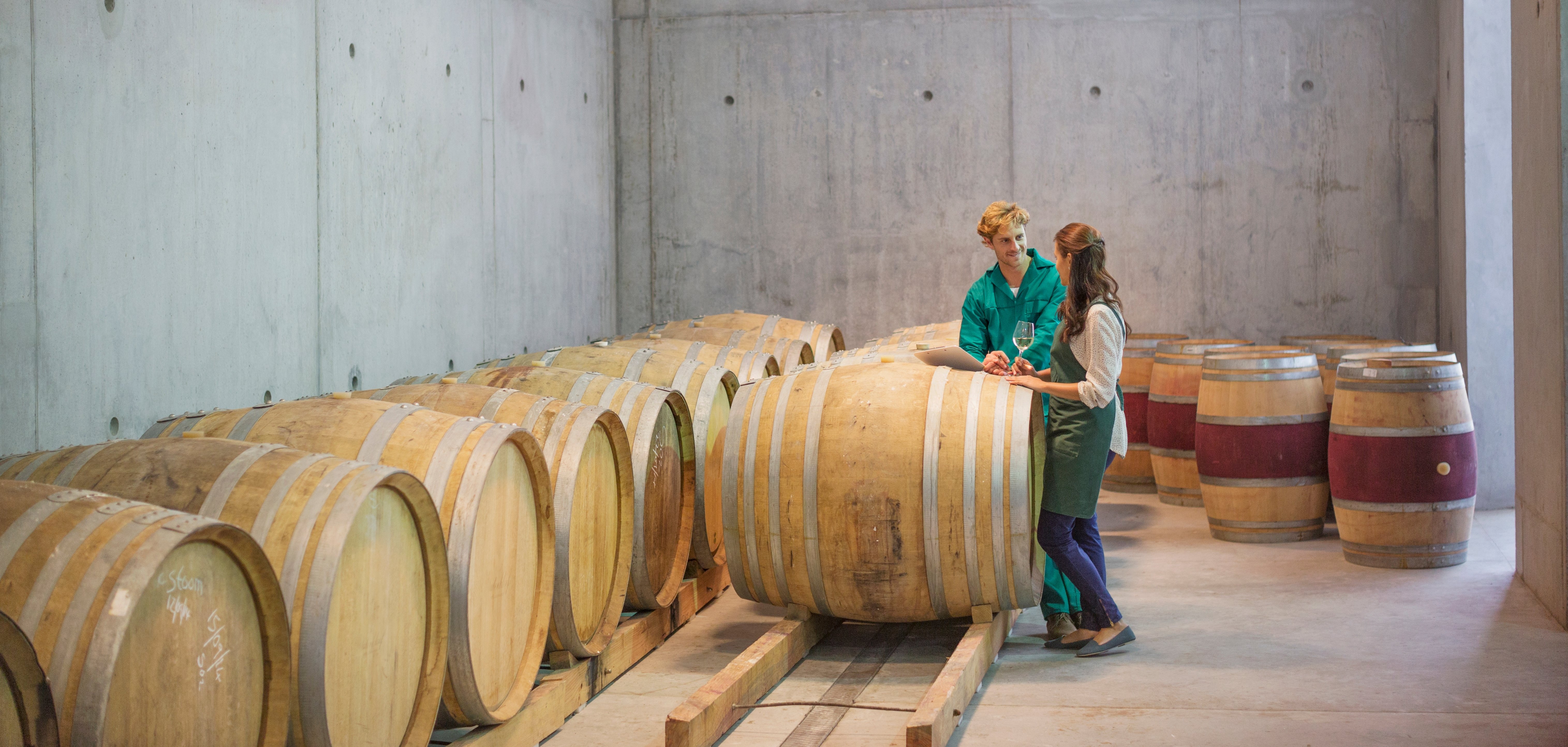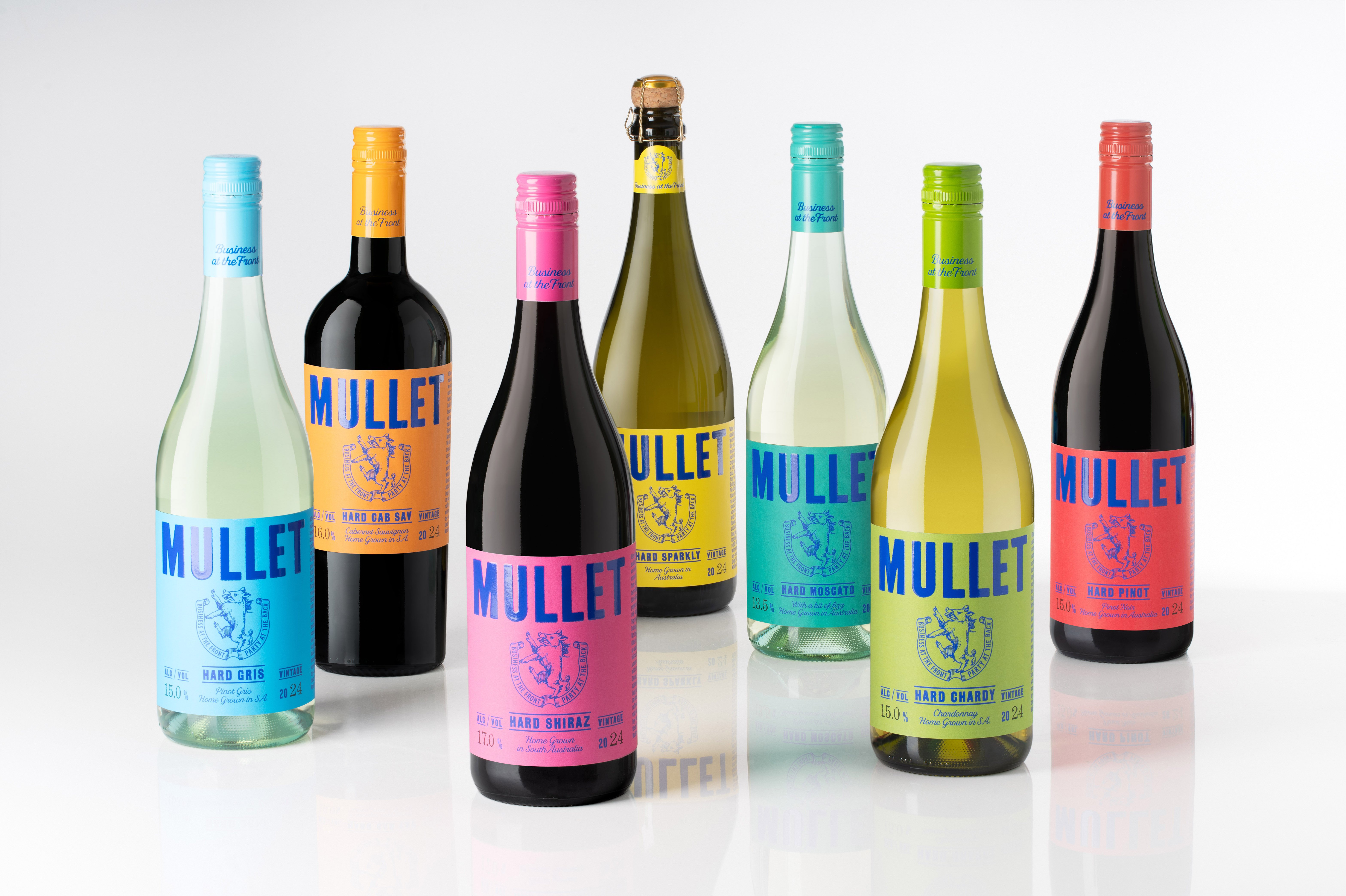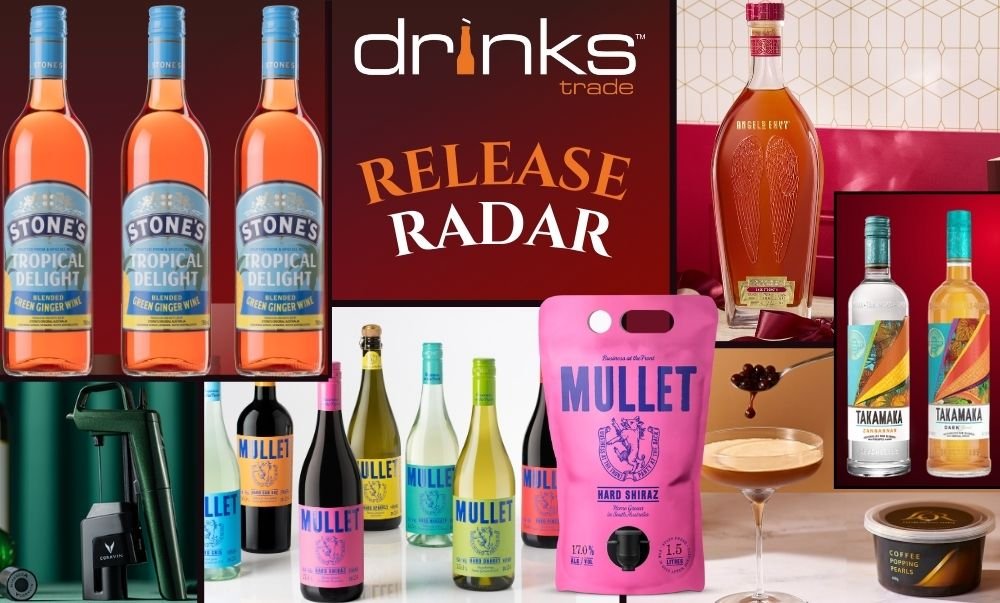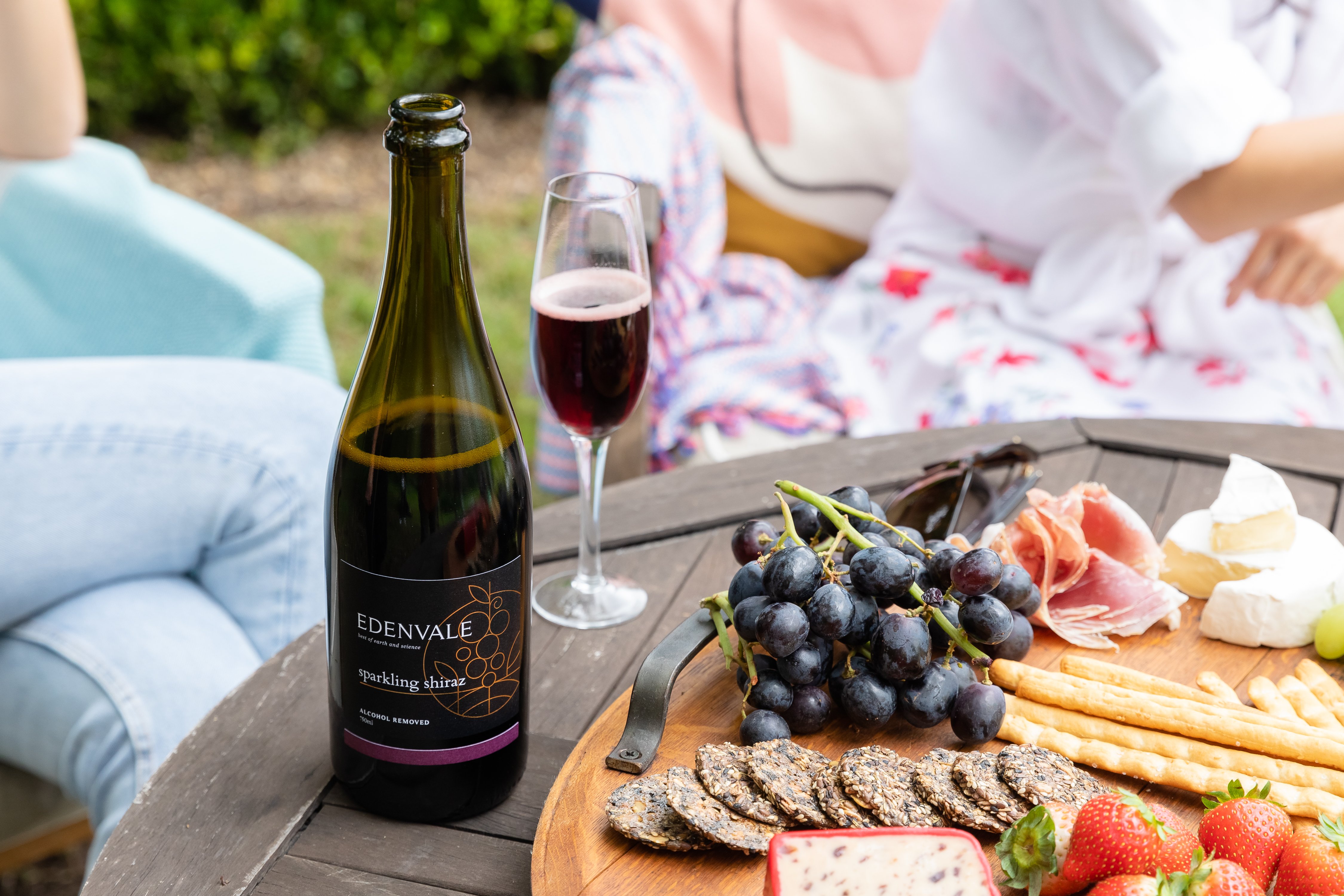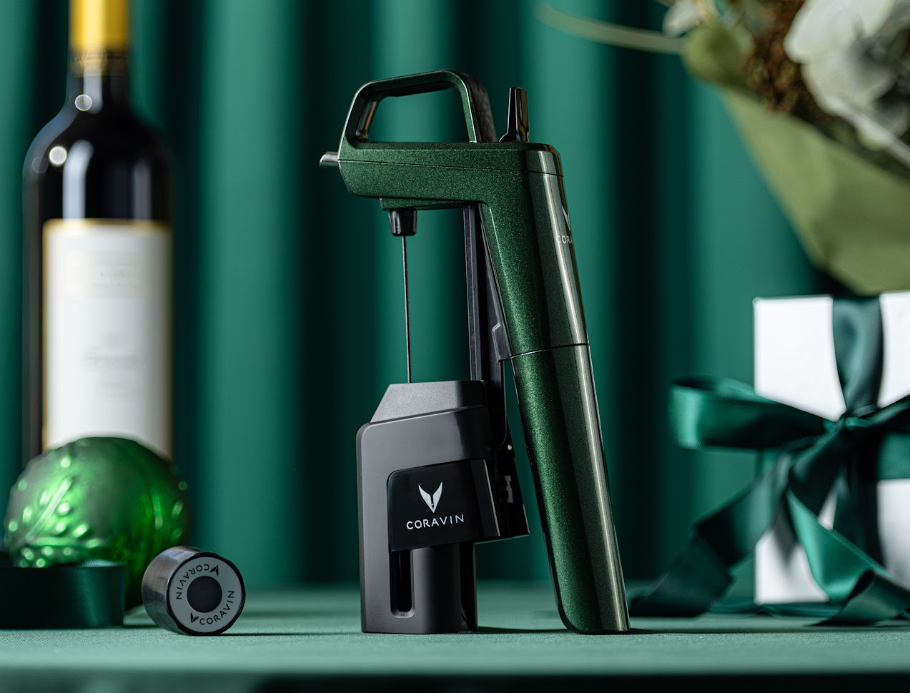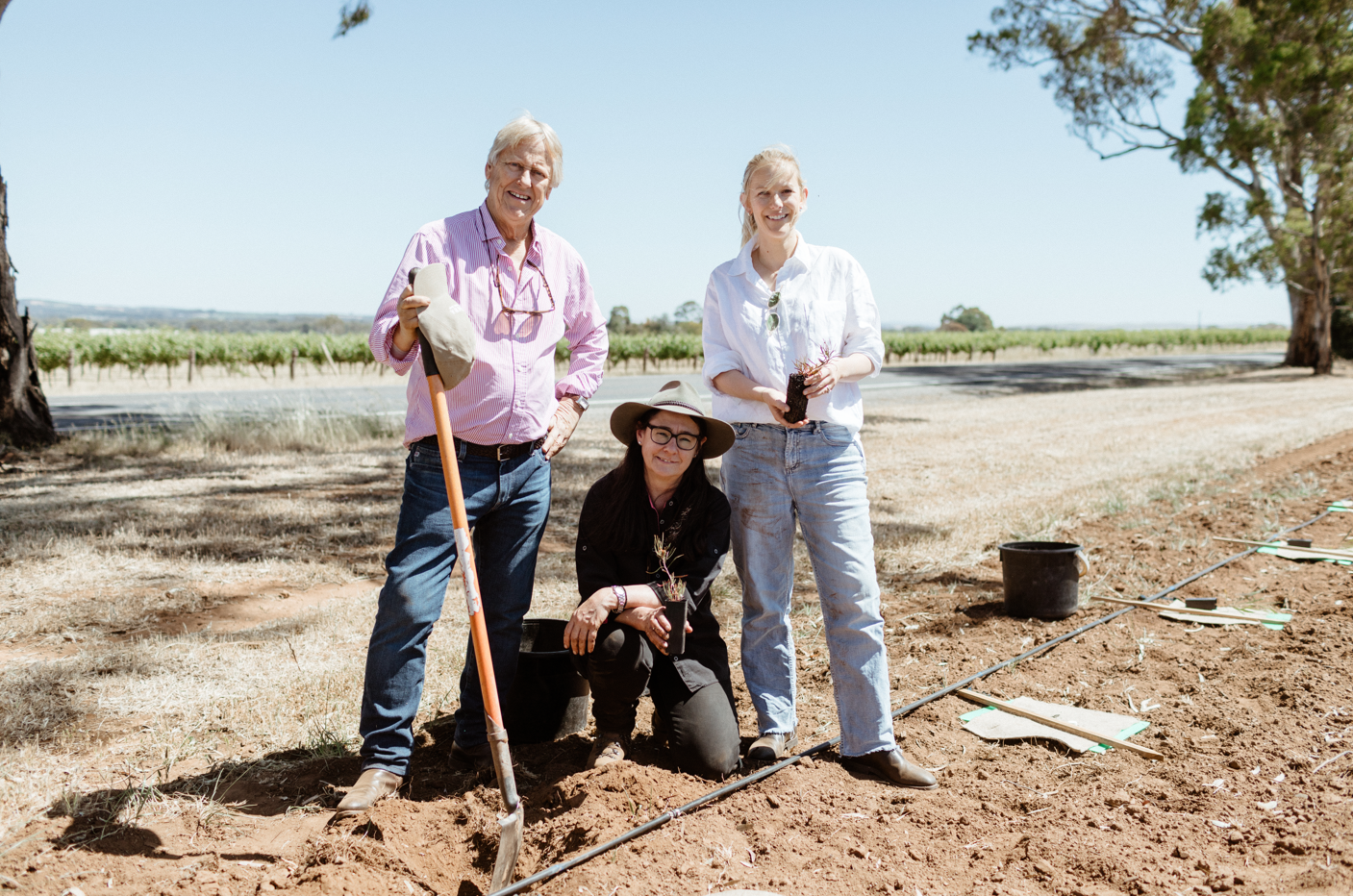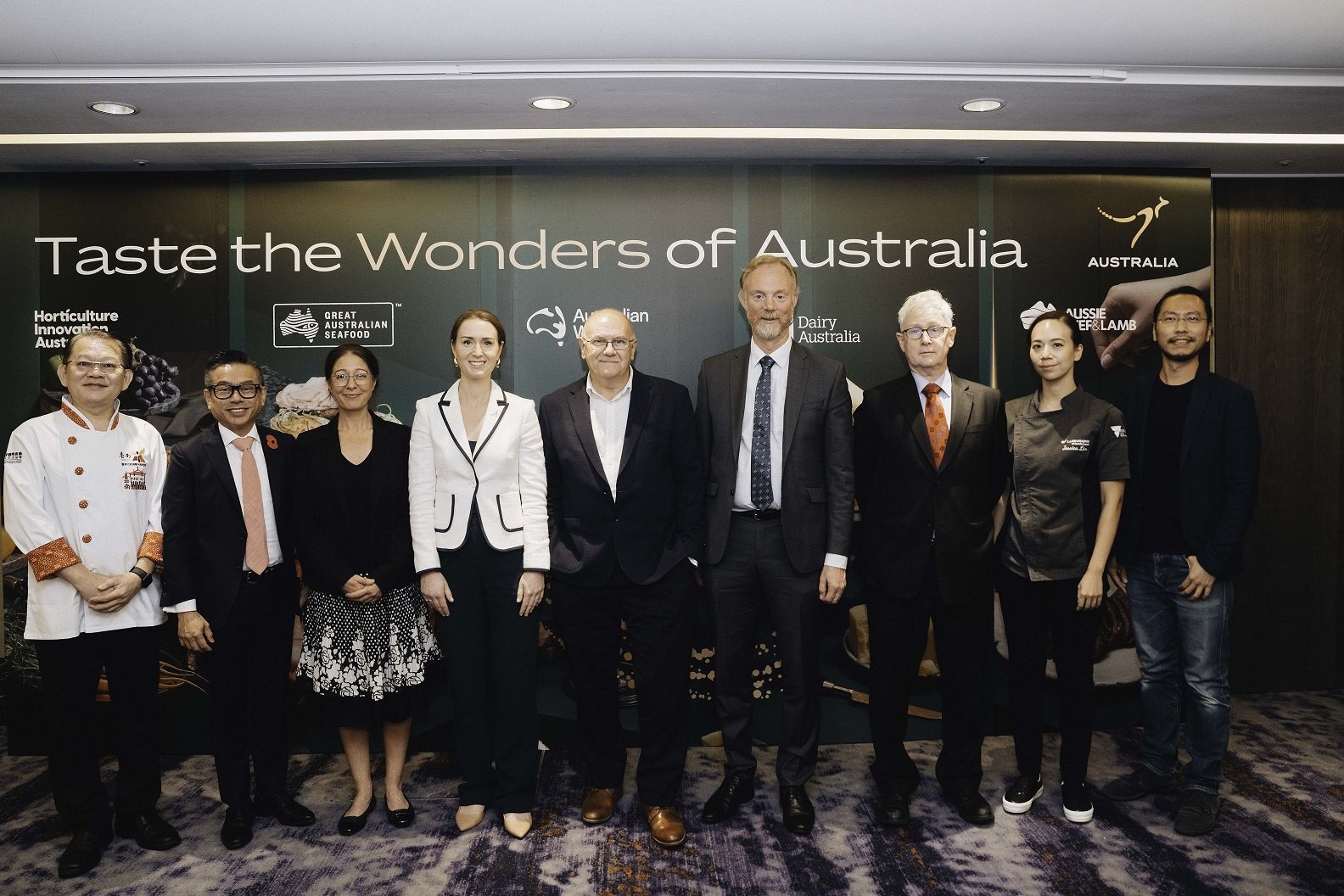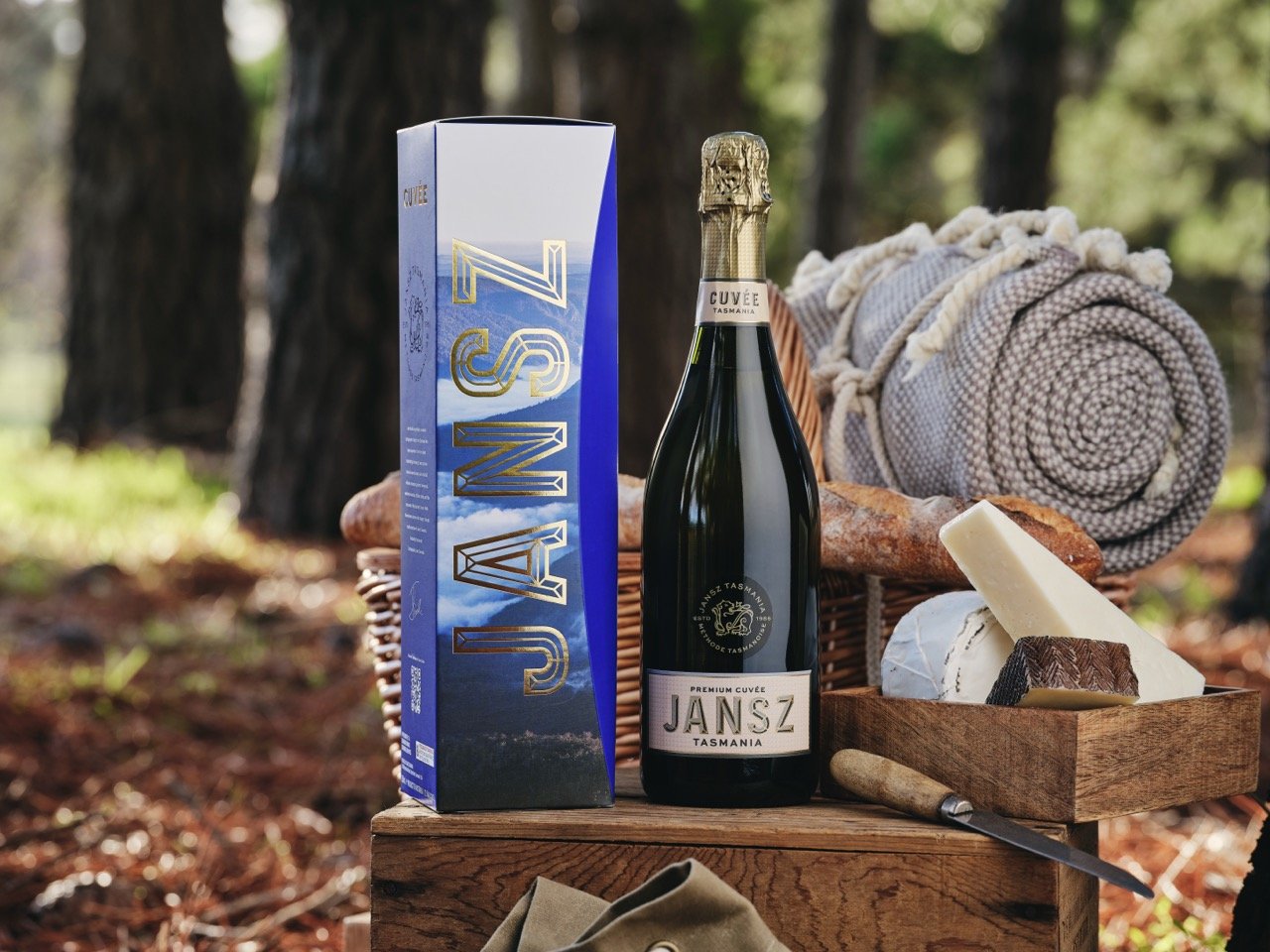Treasury Wine Estates has announced its interim 2020 financial result, with net profit after tax up 5% to $229.2million. However, drought, heat, bushfires and weak US results have impacted its bottom line.
The company had previously forecast a 15% uplift in profits.
The Americas reported a 17% decline in EBITS to $98.3million, while the winemaker is experiencing challenges with its current vintage.
TWE also revealed that its commercial volumes declined 10% globally versus the previous corresponding period, "impacted by suppliers increasingly moving product through private label, most notably in the US and Australia".
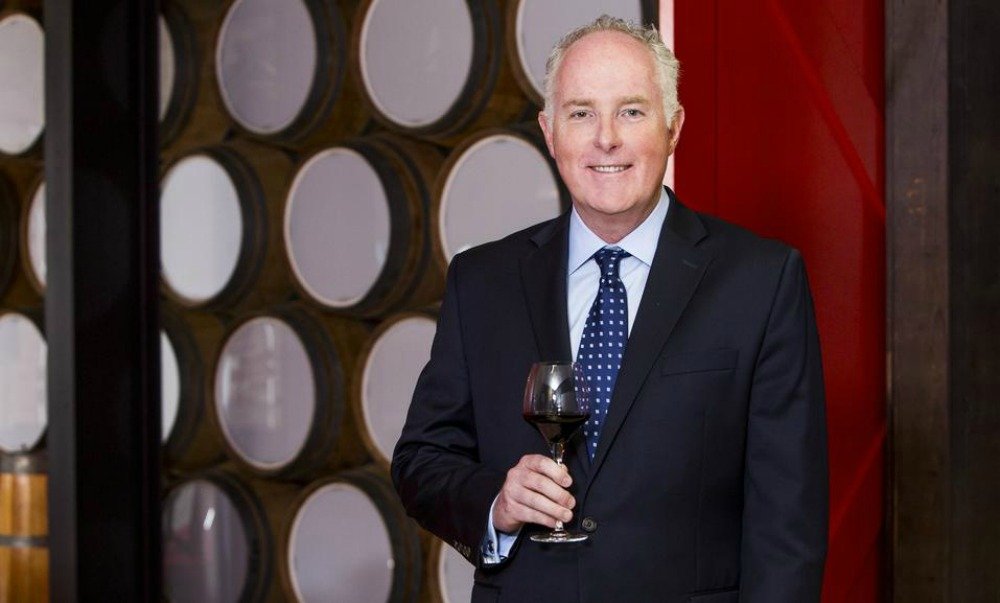
TWE CEO Michael Clarke (above) said: “While we are very pleased with our performance across the Asia, ANZ and EMEA regions, our first half performance in the Americas has been a setback and is disappointing given the high expectations we have for growth in this important market.
"The fact that we have continued to deliver sustainable, margin accretive growth despite this setback in one of our key markets is testament to the fundamental strength of our global business model, which sources multi-regionally, sells multi-regionally and is the most self-distributed wine business, globally.”
TWE announced it is conducting a strategic review of its internal operating model, focused on accelerating returns from premiumisation and "managing the commercial wine business differently".
The review is expected to be completed in the second half of FY20 and further details will be announced at a future date no later than the FY20 full-year results.
Clarke ruled out a demerger of the commercial arm of the business, but said the company would be moving towards a "smaller, very profitable commercial business" to support its growing luxury business.
Regarding the US situation, TWE said: "A loss of execution momentum, contributed to by unforeseen changes in regional management, was exacerbated by the persistence of challenging conditions in the US wine market which accelerated in Q2 post vintage."
Ben Dollard was appointed as the new President of the Americas in December. He replaced Angus McPherson, who was appointed to the role in August 2019, but was unable to take up the position due to personal reasons.
COO Tim Ford said during an earnings call that Dollard had "hit the ground running" earlier in January.
TWE noted that suppliers are trying to move surplus wine across the market at lower prices, resulting in an accelerated growth of private label, which is up approximately 15% in a market that is flat to down.
"While current conditions in the US wine market are challenging, we are confident that we will re-gain momentum under the new Americas regional leadership team and return the region to growth once the market impact subsides," Clarke said.
A new report from global alcohol tracker IWSR earlier this month revealed that wine consumption has dropped in the US for the first time in 25 years as drinkers turn to RTDs and spirits. Wine sales in 2019 fell by nearly 1% in volume.
The Asian market reported 19% EBITS growth to $175.5million, driven by strong demand and "continued outstanding execution across key markets". TWE is now distributed in 146 cities in China.
Clarke said it was too early to predict if there would be business impacts from the coronavirus in China. But the company had a "watching brief" on the region. He noted that business had grown in Hong Kong following the recent protests.
In Australia and New Zealand, TWE reported 10% EBITS growth to $85.9million. The winemaker noted that continued momentum in premiumisation and lower CODB was partly offset by "market wide declines in commercial volumes in addition to temporary changes to the buying patterns of key retailers across parts of the Luxury portfolio".
Ford said Penfolds, Wolf Blass, Squealing Pig, 19 Crimes and The Stag had all delivered "top-line growth" and "above market growth in their respective categories".
The company expressed concern about recent drought, heat and bushfires in Australia, which have created some "challenges with respect to the cost of the 2020 Australian vintage", which is currently in harvest.
While final impacts on the vintage are to be determined, TWE noted that its diversified multi-regional sourcing model, combined with past investments in luxury inventory which are allocated across multiple financial years, has provided a degree of flexibility to manage vintage related impacts.
Concerns were more around higher costs due to water scarcity rather than smoke taint, however testing is still underway.
The wine company said premiumisation continued to drive operating performance across all regions, with luxury and masstige segments growing 7% in HY20.
"It should be noted that we pleasingly continue to grow our luxury and masstige business across every region - Asia, ANZ, the Americas and EMEA - and this is a real growing strength of TWE,” Clarke concluded.
Global investment company BlackRock bought $250 million worth of shares in TWE earlier this month, increasing its stake in the wine company to 8.32%.
Share the content
